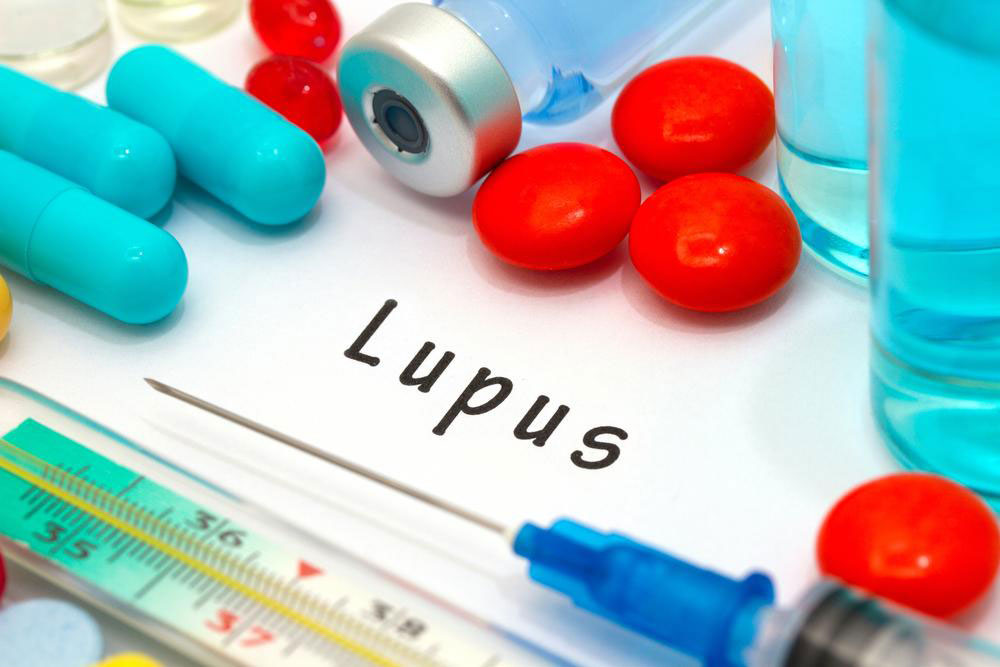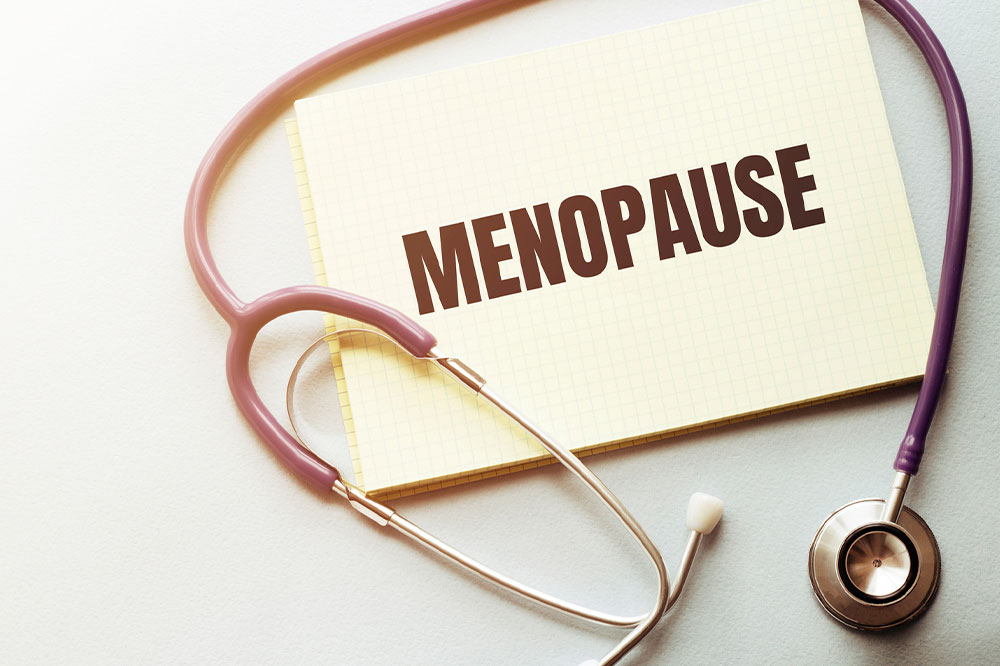A Comprehensive Guide to Addison's Disease: Causes, Symptoms, Diagnosis, and Effective Treatment Strategies
Addison's disease is a rare disorder characterized by adrenal gland failure leading to hormone deficiencies. This comprehensive guide covers causes, symptoms, diagnosis, and effective treatment strategies. Early recognition and proper hormone replacement therapy are vital for managing symptoms and preventing life-threatening crises. Lifestyle management, regular monitoring, and medical adherence significantly improve quality of life for those affected. Learn about the latest insights into Addison's disease and how to effectively address this condition for long-term health and well-being.

Understanding Addison's Disease: Causes, Symptoms, and Treatment Options
Addison's disease, medically referred to as primary adrenal insufficiency, is a rare but potentially life-threatening disorder that arises when the adrenal glands, located atop the kidneys, fail to produce adequate amounts of essential hormones such as cortisol and aldosterone. These hormones are vital for regulating numerous bodily functions, including metabolism, immune response, blood pressure, and the body's ability to handle stress. When hormone production diminishes, it can lead to a cascade of metabolic and physiological disturbances, impacting overall health and quality of life.
Despite its rarity, Addison's disease warrants serious attention due to the severity of its symptoms and the potential for critical health crises if left untreated. The condition can develop gradually or emerge suddenly, often making early diagnosis challenging. Various factors contribute to the onset of Addison's disease, encompassing autoimmune responses, infections, tumor development, and genetic anomalies. Recognizing the underlying causes, identifying the hallmark symptoms, and understanding the available treatment options are crucial steps toward managing this complex disorder effectively.
Patients suffering from Addison's disease often exhibit symptoms that are subtle initially, which can easily be mistaken for other health issues. Recognizing these signs early facilitates timely medical intervention and prevents severe complications. Common early symptoms include persistent fatigue, unexplained weight loss, low blood pressure resulting in dizziness or fainting, skin hyperpigmentation (darkening of the skin), strong salt cravings, and gastrointestinal discomforts such as nausea or abdominal pain. Additionally, muscle weakness, joint pains, mood swings, depression, or irritability are frequent complaints among individuals with undiagnosed Addison's disease.
Understanding the underlying causes of Addison's disease helps in tailoring effective treatment strategies. The primary cause in most cases is autoimmune destruction, where the immune system mistakenly targets and damages the adrenal cortex. Other contributing factors include infectious agents like tuberculosis, fungal infections, or the HIV/AIDS virus that impair adrenal function. Tumors in the adrenal glands or metastases from cancers elsewhere in the body can also disrupt hormone synthesis. Rarely, genetic defects inherited from parents can interfere with adrenal gland development and their ability to produce hormones.
In some scenarios, despite thorough medical examinations, the causes of Addison's disease remain unidentified, underscoring the importance of vigilant health monitoring and early interventions to prevent worsening health outcomes. The path to diagnosis often involves blood tests measuring hormone levels, imaging scans such as CT or MRI to assess the adrenal glands, and stimulation tests to evaluate adrenal response. Accurate diagnosis is the cornerstone for initiating appropriate treatment and improving prognosis.
Effective Treatment Approaches for Addison's Disease
Hormone replacement therapy forms the foundation of Addison's disease treatment. Patients are prescribed synthetic hormones to substitute for the deficient cortisol (typically hydrocortisone, prednisone, or dexamethasone) and aldosterone (fludrocortisone). Consistent adherence to these medications is critical to maintaining hormonal balance, preventing adrenal crises, and ensuring normal metabolic functioning.
Developing a balanced lifestyle that emphasizes nutritious foods rich in essential vitamins and minerals, regular physical activity, and effective stress management measures can significantly enhance overall health and well-being.
Since Addison's disease increases the risk of adrenal crises—life-threatening episodes triggered by stress or illness—individuals should always carry medical alert jewelry. This alerts healthcare providers about their condition in emergency situations, ensuring prompt and appropriate treatment.
Regular medical follow-up is vital for monitoring hormone levels, adjusting medication dosages, and preventing potential complications. Patients should establish a close working relationship with endocrinologists and healthcare teams specialized in adrenal disorders.
Most individuals with treated Addison's disease can lead active, fulfilling lifestyles. Nevertheless, neglecting treatment or failing to recognize early warning signs can lead to serious health issues, including adrenal crises, which require immediate medical intervention. Hence, education about managing the condition is essential for patients and their families.
Additional Tips for Managing Addison's Disease
While there is currently no cure for Addison's disease, lifestyle modifications play a pivotal role in symptom management. Maintaining a nutritious, well-balanced diet helps support energy levels and weight stability. Emphasizing foods rich in salt (especially during hot weather or during illnesses) can prevent electrolyte imbalances caused by low aldosterone.
Stress reduction techniques—such as yoga, meditation, deep breathing exercises, and mindfulness practices—help minimize physical or emotional stress that might precipitate adrenal crises.
Staying well-hydrated and vigilant about salt intake are essential, especially for those with low aldosterone production, to sustain electrolyte and fluid balance.
Engaging in moderate exercise regularly can boost physical strength, improve mood, and enhance overall vitality, provided it's tolerated and tailored to individual health status.
Ultimately, hormone replacement therapy remains the cornerstone for managing Addison's disease effectively. Close collaboration with healthcare providers ensures personalized treatment adjustments, reduces risks, and maintains a stable, healthy life for affected individuals.
Summary
In summary, Addison's disease results from autoimmune processes, infections, tumors, genetic factors, or sometimes unknown causes. Early diagnosis and prompt treatment are vital for improving quality of life and preventing life-threatening complications. Management primarily involves hormone replacement therapy complemented by lifestyle changes such as stress management, healthy eating, hydration, and regular exercise. Patients should seek medical advice immediately upon noticing symptoms to mitigate risks and achieve optimal health outcomes.





